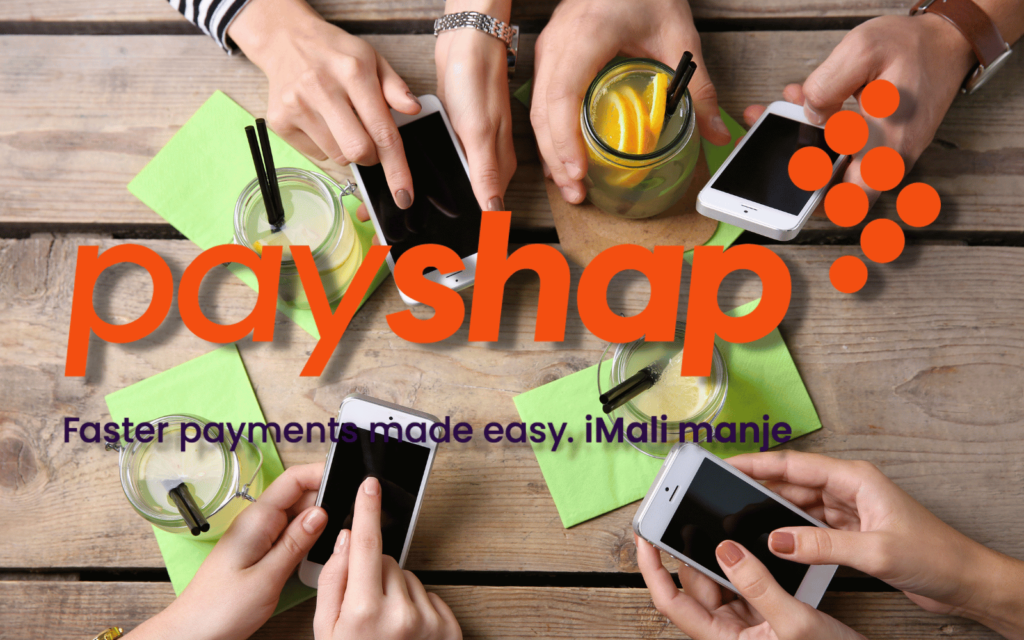When Busi Radebe goes home to visit his family on Joburg’s West Rand, he always has to stop at an ATM and draw cash so he can support the local economy.
“Most local businesses only take cash,” says Radebe, who is the head of card and electronic payments at Capitec, which has over 20 million customers.
“Some spaza shops will have some sort of device. But you have to spend a minimum of R50 and a surcharge of R55 is often also added. A guy selling a loaf of bread doesn’t care about industry rules,” Radebe told an industry event organised by payments firm Ozow.
As much as credit card payments are still expensive for a small merchant, it will hold back ridding the economy of cash payments.
“Unless we get to the point where we have enabled the ordinary guy who runs a spaza shop in Gugs, in a manner that is affordable to them, we’re going nowhere,” he said of Gugulethu, the sprawling informal settlement outside Cape Town.
It’s a widely held sentiment in the payments industry, where so-called fintech companies are trying to solve this problem of digitising transactions instead of using cash.
“The common enemy in the room is cash,” says Radebe. “The problem is not going away.”
Can we ever totally escape cash? Should we?
Gabriel Swanepoel, the country manager for Mastercard Southern Africa, says most sales are “90% cash” in the informal economy, where so much business is conducted.
“The payments infrastructure is not necessarily sufficient to drive inclusion in the informal market in SA,” Swanepoel told the conference. Payment devices have a cost to buy and to run, and people don’t necessarily trust making card payments.
“Nobody wakes up in the morning and wants to make a payment,” he jokes. The financial industry needs to see what the so-called pain points are for both shoppers and merchants and “hopefully provide something useful for people”.
That useful new mechanism was recently launched by BankservAfrica, which oversees the country’s payments infrastructure. Called PayShap, it allows people to make payments using nothing more than the recipient’s phone number.
Launched three months ago, PayShap works with the big four banks, while others will come online this year. All someone has to do is create a ShapID in their banking app and then you can use that number – instead of bank name, branch number, account number and cheque or savings – to make a payment.
Lyle Eckstein, Ozow’s co-founder and chief product officer, says although 80% of South Africans have a bank account, at least 40% of all transactions are still in cash.
That is a big opportunity for the financial services industry, which aims to convert them all into digital transactions. “I don’t think we understand how much cash changes hands,” he said.
Ozow, which also operates in Namibia, provides transaction services to Uber, Takealot, FlySafair, MTN, Vodacom, Makro, and Netflorist. It is helping enable the new rapid payment programme (RPP) that enables a service like PayShap.
Eckstein believes this will have a major impact on ordinary people’s lives because it will simplify how people can send and receive money with only their mobile numbers.
Swanepoel believes “the answer lies in the democratisation of banks and the recognition that for businesses to thrive, we have to meet the consumer where he wants to be met. At the same time, a R10,000 [point-of-sale] device in a spaza shop is not going to work.”
However, “a QR code-based system will,” he adds.
Mastercard has globally committed to financially include 1 million consumers and bring 50 million businesses into the formal economy.
Mpho Sadiki, the head of real-time payments at BankservAfrica, points out that cash, despite its problems, provides an essential way of paying.
“Cash is not the enemy, cash is the opportunity,” he says. “There are so many use-cases that cash solves for, but digital payment can’t.”
However, the “formal payments system captures only 11% of addressable payment volumes”.
In 2018, for instance, there were total payments of R38.5 trillion in the formal and informal areas. But the established financial systems only process R63 billion of that, he says.
There has been a 300% year-on-year growth in payment volumes. “It’s not as if they are displacing payments, we’re capturing all of those cash transactions”.
As Ozow’s Eckstein says, South Africa’s fintech industry is “living in exciting times”.
Using the rapid payment initiative – as well as so-called APIs from banks that allow for services to be created to interact with the bank’s systems – he believes it will help grow digital financial services.
“This is going to help people who need cash in short space of money. It will be good for fintechs to innovate on top of the platforms provided by BankservAfrica and the banks.”
But, most importantly, he says rapid payments make it possible to “solve the needs of all South Africans”. Exciting times indeed.
- This article first appeared in the Financial Mail.
